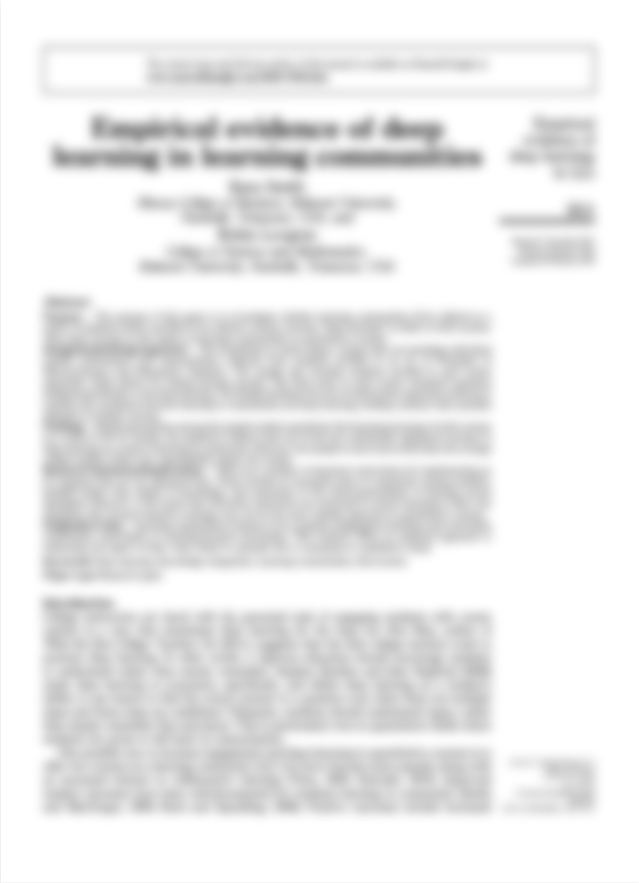PEER'S SANITY ON TRIAL.: COURT ORDERS LORD TOWNSHEND EXAMINED AS LUNATIC. Put on Matrimonial Market. Sold on Installment Plan. "Dunned" by His Agent. Disagree as to His Insanity.
Chicago Daily Tribune (1872-1922); Chicago, Ill.. 12 Mar 1906: 2.
You might have access to the full article...
Try and log in through your library or institution to see if they have access to the full text.





